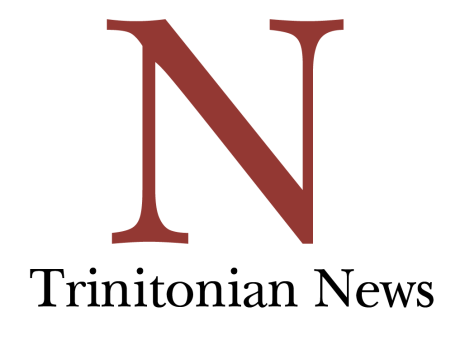Organizations at Trinity, particularly University Sponsored Organizations (USOs) that are maintained by the school’s support, did not receive the entirety of funds requested because more student organizations requested more money this year than had previously been expected.
“Usually, organizations do request more from the student activity fee, but this year we saw a much bigger percentage of increase from pretty much all organizations. So it’s not that we want to cut everyone’s budget drastically, it’s just that when you ask for more money and we don’t have that, we can’t give it to you. Usually, most student organizations receive around 90 to 100 percent of what they requested,” said Shivani Parmar, vice president of Trinity’s Student Government Association (SGA).
The high increase in budget requests could not be accommodated.
“It came all across the board with every USO organization, because everyone just requested more than they had before. Our student activity fee doesn’t actually change because it’s the same, stagnant 150 it is every year. The fund does change because we have different enrollment every year, but we actually don’t have that enrollment information when we’re deciding this. We actually don’t have the official enrollment information until census day, which is in September. So we’re basing it off our average and, had we funded everyone their full amounts, we would only have had $40,000 for all other organizations. That’s not really fair,” Parmar said.
Ella Oguduwa, a sophomore senator, said that there is a finite amount of money available for SGA to give out.
“We have a limited amount of money to work with. It’s a lot, but it has its limits. We want to give everyone as much as we can, as much as they need, but that might not be everything they want,” Oduguwa said.
The majority of funding requests are handled by the finance committee, not the whole senate. The committee consists of Shivani Parmar, junior, Jacob Sanchez, sophomore, Nicole Gardini, Stephen Thai , senior, and Nina Tao, senior.
“A lot of people come in asking for money, so we have a lot of criteria to follow so we can allocate money toward specific uses. For the most part, funding is handled by the finance committee, which is about eight to ten people. For funding requests over $15,000, then the whole senate has to go through everything and vote on it,” Oduguwa said.
The logistics coordinator for Trinity Progressives, Sara Calvo, said she does not have a problem with the way SGA handles the budget.
“We’ve never really had any issues working with SGA. When we submit budget requests for the events we host, we have to lay out where all of the money is going to be going, and they’ve always been fair,” Calvo said.
A large majority of funding from the student activity fee goes to USOs.
“The student activity fee is composed of approximately $300,000 every semester. I want to say around $250,000 go out to USOs, so that’s quite a big chunk that’s handed out,” Parmar said.
The senate decided to ensure there was enough money to go to more self-sufficient organizations, rather than grant the full requests of the USOs.
“University Sponsored Organizations, as the name suggests, are sponsored by Trinity and will therefore ask for a larger percentage of the student activity fund, a lot more money than other organizations. So if we funded them all the full amount, we’d have a lot less money to go to other clubs and organizations and events on campus that other clubs want to do and participate in. To be fair, we like to make sure there is enough money left for all of them,” Oduguwa said.
Trinity Diversity Connection (TDC) was one of the few organizations that received their full request.
“I think TDC might have just because they actually requested less money than they had before. But across the board, most organizations were not funded their full amount. In the past, the Trinitonian has been, that’s more of an anomaly than it is typical. The student activity fee just doesn’t face inflation,” Parmar said.







